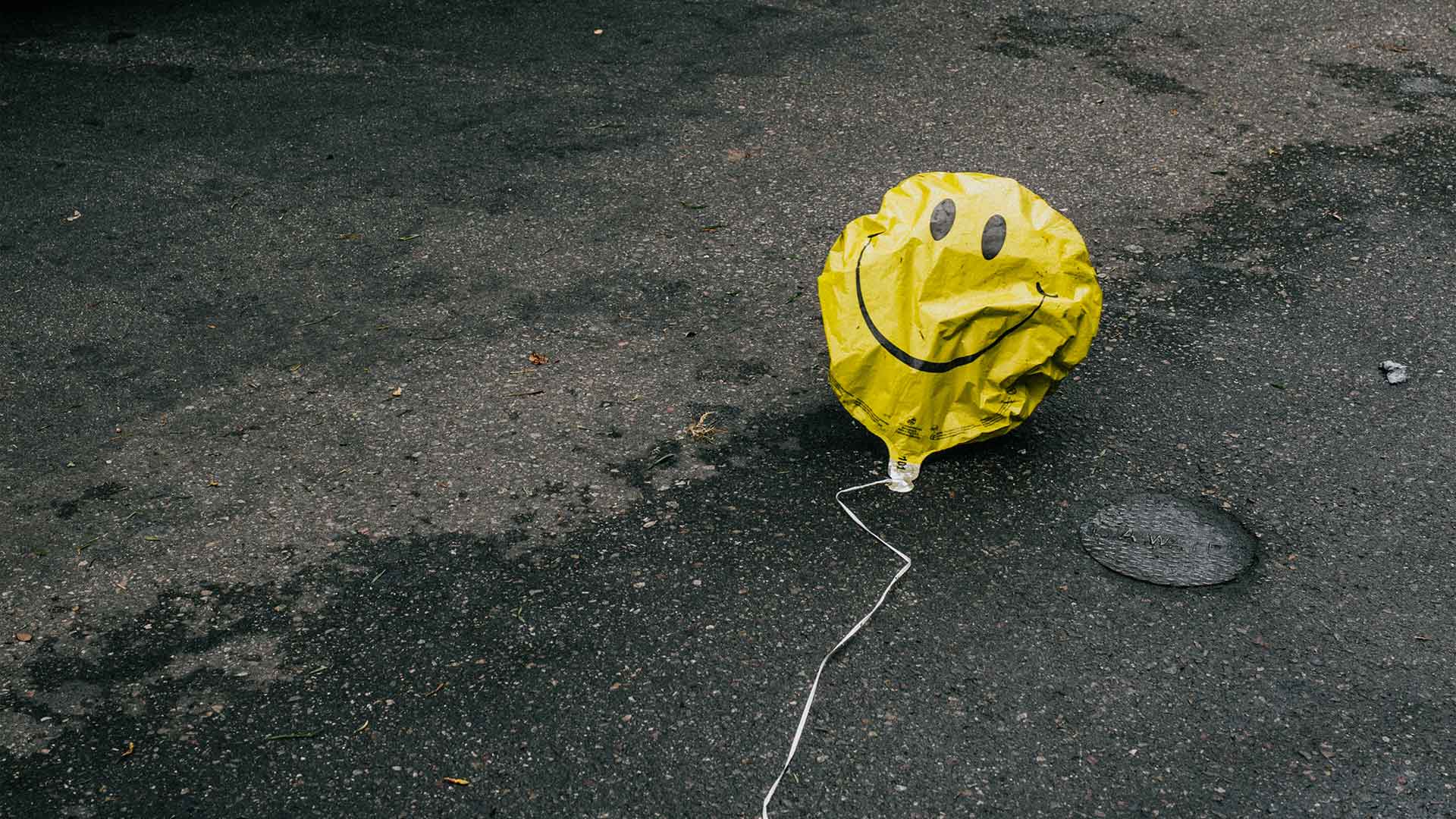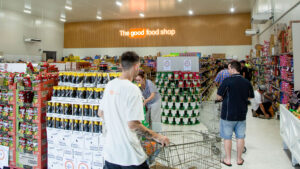Domestic and Family Violence Prevention Month
The prevention and awareness of Domestic Violence is something we should all work towards every single day, every month.
Where do you begin with a topic that many shy away from, set aside as something that’s too far-removed from their own realities. Domestic Violence (DV) affects many families, women and children nationally. The types of abuse are wide ranging and unbeknownst to many. DV prevention month is a chance to think of the families affected by DV and learn the ways you can help put an end to this hidden abuse.
If you haven’t yet had a look at White Ribbon Australia, the statistics outlined will shock you, with an average of one woman a week being murdered by her current or former partner and one in four women experiencing emotional abuse by a current or former partner.
Domestic Violence can present itself in many ways:
- Physical abuse
- Financial abuse
- Emotional abuse
- Verbal abuse
- Social abuse
- Sexual abuse
- Stalking
- Spiritual abuse
- Image-based abuse
- Elderly abuse
- Reproductive coercion
- Post-separation violence
As someone who has walked through physical and emotional abuse I can speak into the trauma and havoc it wreaks in your life. The bruises and marks left are nothing compared to what you end up lugging around. I’m also very familiar with the feeling of being stuck or trapped in the environment that’s inflicting the most pain. Making light of the situation or protecting the person inflicting the pain. Often the subsequently harder challenge to the pain and trauma is navigating the feeling of loneliness, when the people you turn to either walk away with disbelief or are too scared and overwhelmed to help you get out. Sometimes the person inflicting the pain is someone who is able to hide the obvious to the community around you, leaving you trapped in a cycle that no one else can see.
Australia is a beautiful country, a nation that respects women and looks out for each other, with laws and regulations put in place to secure the protection of families, women and children. Yet, we are still reading contradictory statistics.
How can you make a change?
- Awareness
Awareness of the types of abuse in DV is the first step in making a change.
- Recognize the signs
Do you know what DV may look like in someone’s life? Symptoms and signs can present itself differently for everyone. Could be bruises and marks, or your friend may simply be unusually withdrawn or distant. Maybe a conversation will help bring something to the light.
- Speak up
Imagine a nation where we each step up for our friend, colleague, family member or neighbour. You can help them find their voice, or sometimes, sadly to be the voice for them. If you hear a fight break out in your neighbours house, as tricky as it may be – a simple call to your local police station could help save their lives.
- Donate
Donations can be made to an organization that supports and works to protect women and children going through DV.
- Be the change
Pretty simple, but change starts here, with you. Be the person that ensures abuse stops when you are around. Be the person who puts a stop to generational cycles of abuse. Be the person who protects the women and children in your community.
DV is a massive issue in our nation. If you take a moment to think of all the women and children in your life – how would you feel if you were to witness them being abused? What would you do? Thankfully there are more ways you can help and they are outlined here: https://www.whiteribbon.org.au/
I’m going to take the time now to speak to the person reading this who has either walked through DV and come out the other side, or the beautiful soul currently suffering in a relationship or family where violence and abuse is a norm.
DV is not normal, it is not okay, and it is something you can and should speak up about. I understand the feeling of being trapped in an environment you cannot change and I also understand the all-too-familiar trigger this could have on you. So right now, wherever you find yourself – know that there are ways you can get help and White Ribbon has outlined them in this link: https://www.whiteribbon.org.au/find-help/domestic-violence-hotlines/If this has triggered you or brought up some past or present trauma then please seek help, you are not alone.
Rochelle Hill




